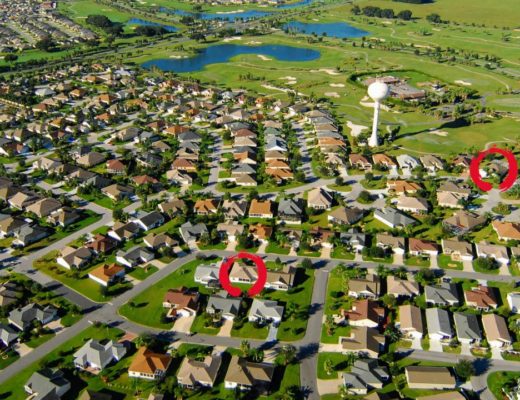When you are interested in buying a home and ready to make an offer, something called “earnest money” is normally required.
Earnest money is a good faith deposit submitted by the buyer to demonstrate that they are serious and committed. If the seller rejects your offer, your earnest money is returned. If your offer is accepted, the earnest money becomes part of your down payment.
In most states, the earnest money check is made payable either to the real estate broker’s trust account or to an escrow agent. The money is usually held in the account until the transaction closes, but state laws may vary.
The amount of earnest money you’ll need to deposit depends on a few factors – including the current real estate market and what amount the seller may require. On average, however, you can expect to deposit between 1% and 3% of the purchase price.
While most real estate contracts include contingencies that allow buyers to back out of a deal under certain conditions, be sure to ask your REALTOR® to explain exactly what situations would allow you to back out of your offer to purchase without losing your earnest money.



